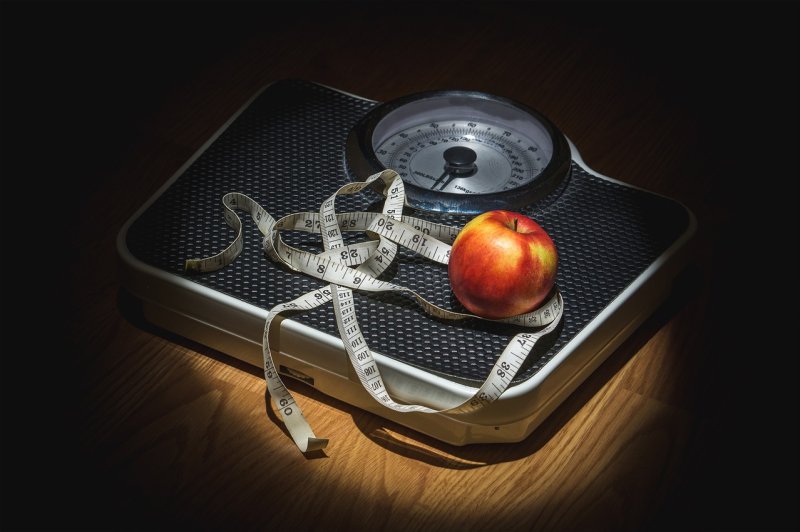Being overweight or obese raises risk for hospitalization in people with COVID-19, a new study has found. Photo by TeroVesalainen/Pixabay
Aug. 11 (UPI) -- Adults with severe obesity are more than three times as likely to be hospitalized with severe COVID-19 than those who maintain a healthy weight, according to a study published Tuesday by the journal Proceedings of the National Academy of Sciences.
Risk for hospitalization following infection with the new coronavirus increases by more than 338% for severely obese and 70% for mildly obese adults, and by nearly 39% for those who are overweight, the researchers said.
Elevated risk was apparent even among those study participants who showed modest weight gain, Mark Hamer, a professor of sport and exercise medicine at University College London, told UPI.
Given that up to two-thirds of all adults in "Westernized society" are overweight or obese, this places a large segment of the population at increased risk for severe illness during the pandemic, he said.
It's possible that the increased risk for severe COVID-19 among those who are overweight or obese is related to their body's inability to efficiently process fats and sugars in the bloodstream, which results in increased inflammation, the researchers said.
The findings are based on an analysis of health data for 334,329 adults in England, of whom 640, or 0.2%, were hospitalized with COVID-19.
Nearly 67% of all study participants were overweight or obese and almost 5% had diabetes, the researchers said.
Participants were classified based on their body-mass index, or BMI, a measurement of weight compared to height that is used to determine obesity. To calculate BMI, a person's weight is divided by the square of their height.
For the purposes of the study, the researchers said overweight was defined as a BMI between 25 and 30, while a BMI of 30 to 35 was considered stage I or less severe obesity. A BMI of 35 or above was defined as stage II or severe obesity.
Risk for COVID-19 hospitalization increased by between 20% and 30% for every five-point increase in BMI, which would be a sign of weight again.
"Regular exercise may boost immune function and reduce other risk factors, such as diabetes and [heart] disease," Hamer said.















